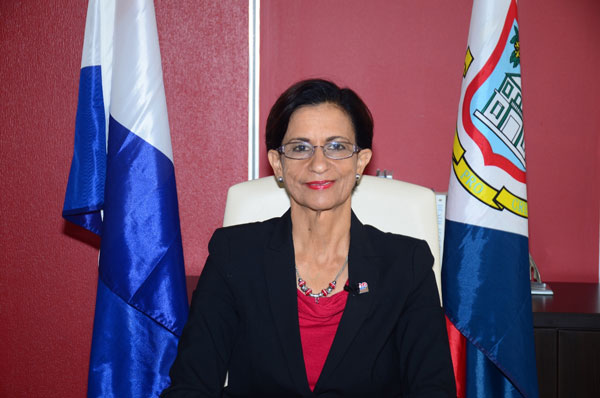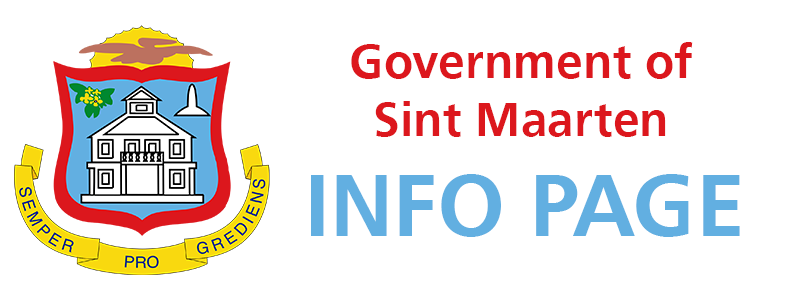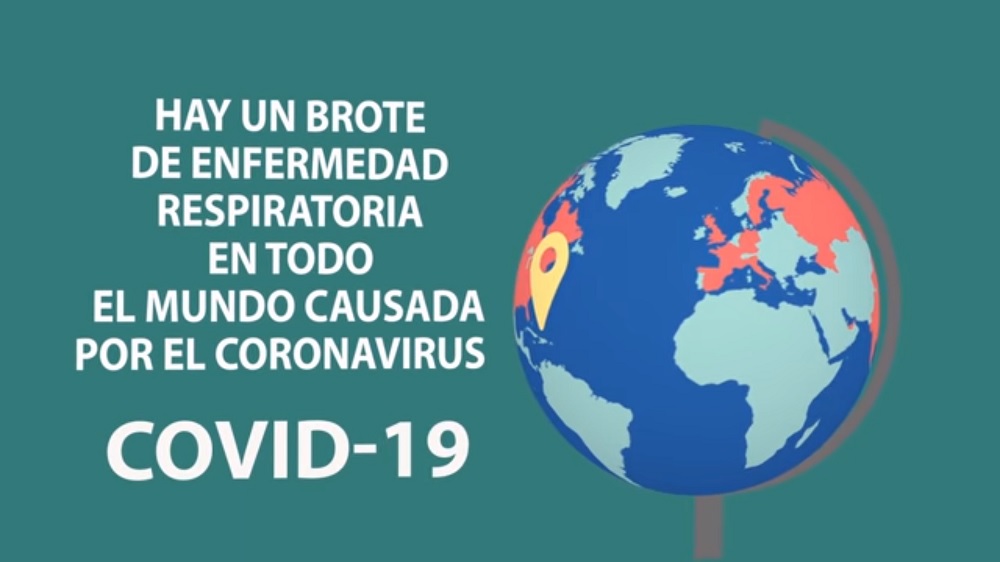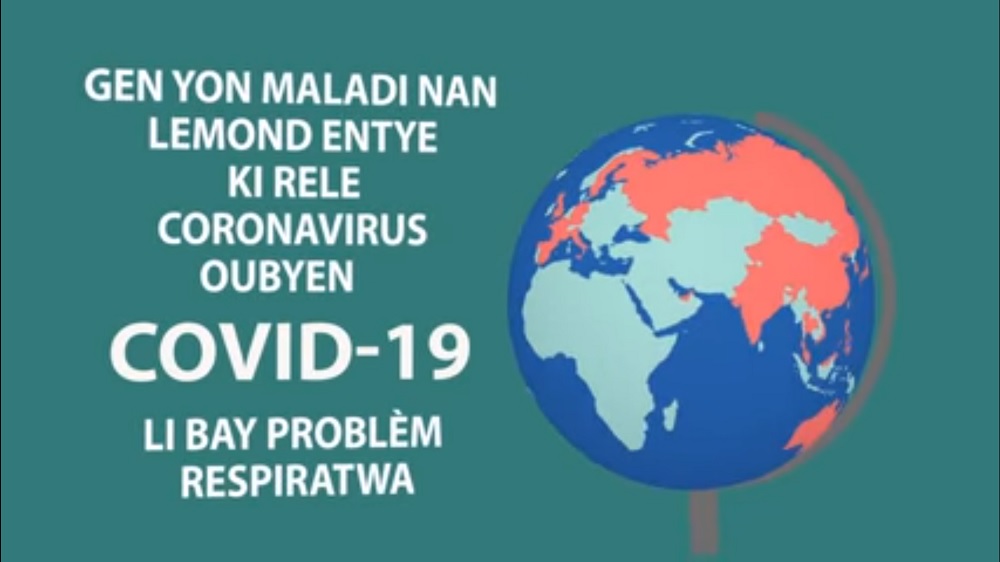DP Leader calls on the NA/UPP coalition to come straight on its stance on cooperation and on its position in the Dutch Kingdom
“Just before the Easter break, the much anticipated mutual agreement, establishing an adjusted form of cooperation in executing the 2020 country package became a fact”, MP Wescot stated over the Easter weekend.
This agreement, which was shrouded in secrecy was signed off on April 4th by representatives of the 4 countries of the Dutch Kingdom.
“I still have serious reservations regarding this type of agreement between the Sint Maarten government and the Dutch government for the simple reason that there are no restrictions to this type of agreement, MP Wescot continued. And overzealous governments can quickly sign off without consideration for our democratic status.”
“Case in point is the mutual agreement of the country package 2020. That mutual agreement between the governments actually sanctioned the COHO institution by kingdom law. This act by the governments would have been illegal.”
“By letter of January 26 last, I had asked the prime minister of St. Maarten to ensure that at least the following was enshrined in the recent mutual agreement, that the parliament of St. Maarten is consulted on the draft mutual agreement before its final approval; that in this mutual agreement, it is made clear how disputes, misunderstandings etc. are settled; that capacity building is realistically incorporated, and that the period of engagement is crystal clear”.
In analyzing this signed mutual agreement for the execution of the country package, I note that especially the period of engagement is indeed clear ( 4 years), with possible earlier termination and possible extension as well, MP Wescot continued.
“The debate will continue whether an agreement between governments can bind countries the way that the governments have now once again done, with effect on the multi-annual national budgets etc.
Is this really about cooperation as per the Kingdom charter?”
What it does in my opinion, the MP continued, is in effect bind the St. Maarten government to this agreement with the Netherlands, and it institutes its own checks and balances between the governments of the Netherlands and that of St. Maarten to ensure compliance.
“So while there is an escape clause for an early opt-out, the way it is set up, one can not come to that or any other decision lightly, and while the parliament’s authority as a lawmaking body is not usurped, this agreement does place the entire execution of the country package at a controlled distance.”
It is therefore, in my opinion, incumbent upon parliament to execute its role as overseer even more diligently and what is interesting in this case, is how parliament’s budget right can be (timely) exercised, seeing if and when the financial implications and funding of projects and programs will become known.
Additionally, as was the case with the COHO construction, financial commitments from the Netherlands regarding specific programs and projects of the country package remain vague. And then there is always the CFT.
What we see in this latest agreement is the role of the prime minister being strengthened where the overall coordination of the country package is concerned, which in my view, given the current local political dynamics will surely cause friction and or stalling tactics. The government is already walking on eggs as it is.
And the following picture will undoubtedly emerge, “St. Maarten does not have the capacity to prepare reports, studies, and the like, so that is outsourced, reports are made, recommendations are done, and the report ends up somewhere in the political twilight zone.
“Is this not where the reports Spurring Entrepreneurship in St.Maarten, Education Review St. Maarten, Reform of the Crime Fund are presently?”
“In addition, the individual ministers are tied to the country package and its implementation. So while they might think they are in the driver’s seat, what ministers have to execute is already laid out in the country package. And for the biggest part, this will have to be funded from their local budgets.
“Nevertheless, this latest mutual agreement is a far way from the Knops’ and St. Maarten’s agreement for the country package in 2020 and portrays a shift in thinking by the Dutch government. This begs the question whether our present NA/UPP government has a vision where the relationship with the Netherlands is concerned at this time in our political history.”
“It is incumbent upon the NA/UPP coalition to be clear and forthcoming with regard to its short and medium-term vision for St. Maarten as a partner in the Dutch Kingdom, as on the basis of its own 2021 governing program, this coalition puts ‘…one major and over-arching issue to be resolved, namely the full decolonization of Sint Maarten under international law’.”
On April 4, we witnessed parliament moving ahead with petite committees to look at decolonization, referenda, petitions etc., but the governing coalition nor the parties that make up this coalition has articulated a position or acted on its own governing premise as far as our position in the Kingdom of the Netherlands is concerned.
“I guess this is being saved for the campaign rhetoric, that again will attempt to fool the people, and play a populist tune.”
Presently the publicly available report on the implementation of the country package is over the period Nov 2022 - February 2023 and the publicly available implementation agenda is until June 30, 2023, MP Wescot explained.










